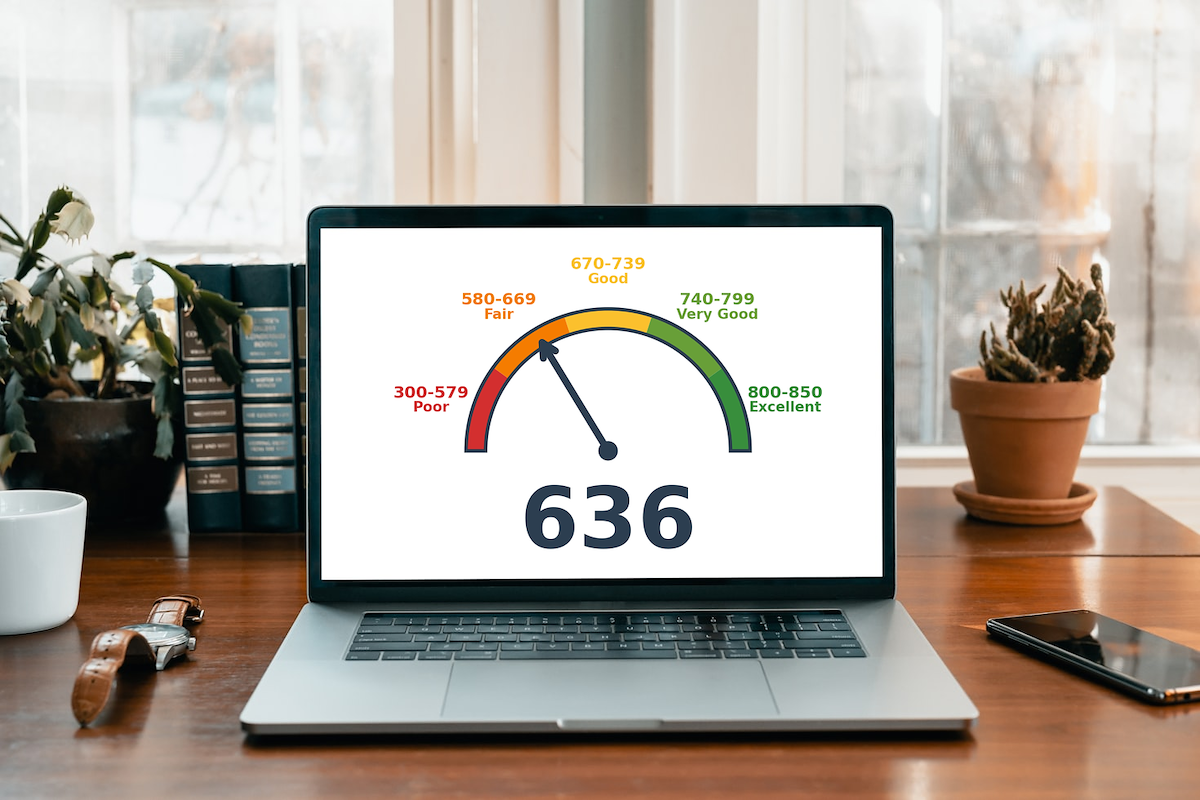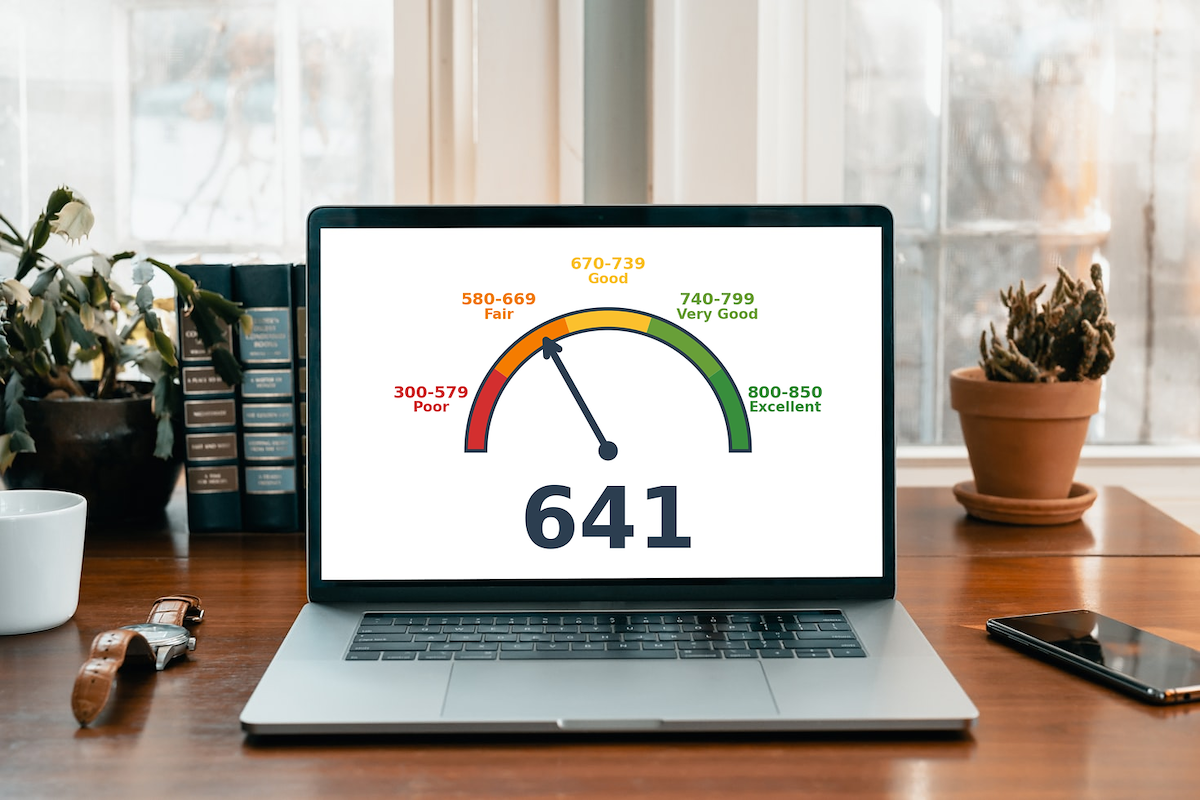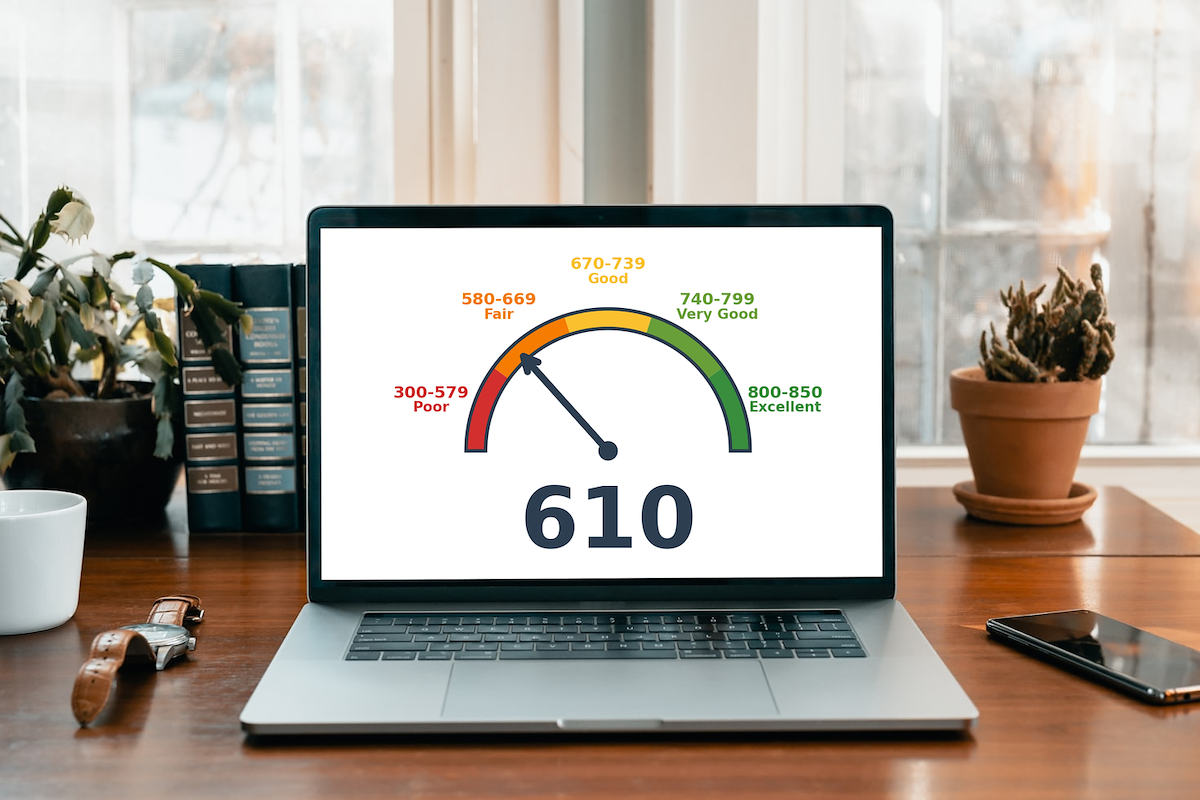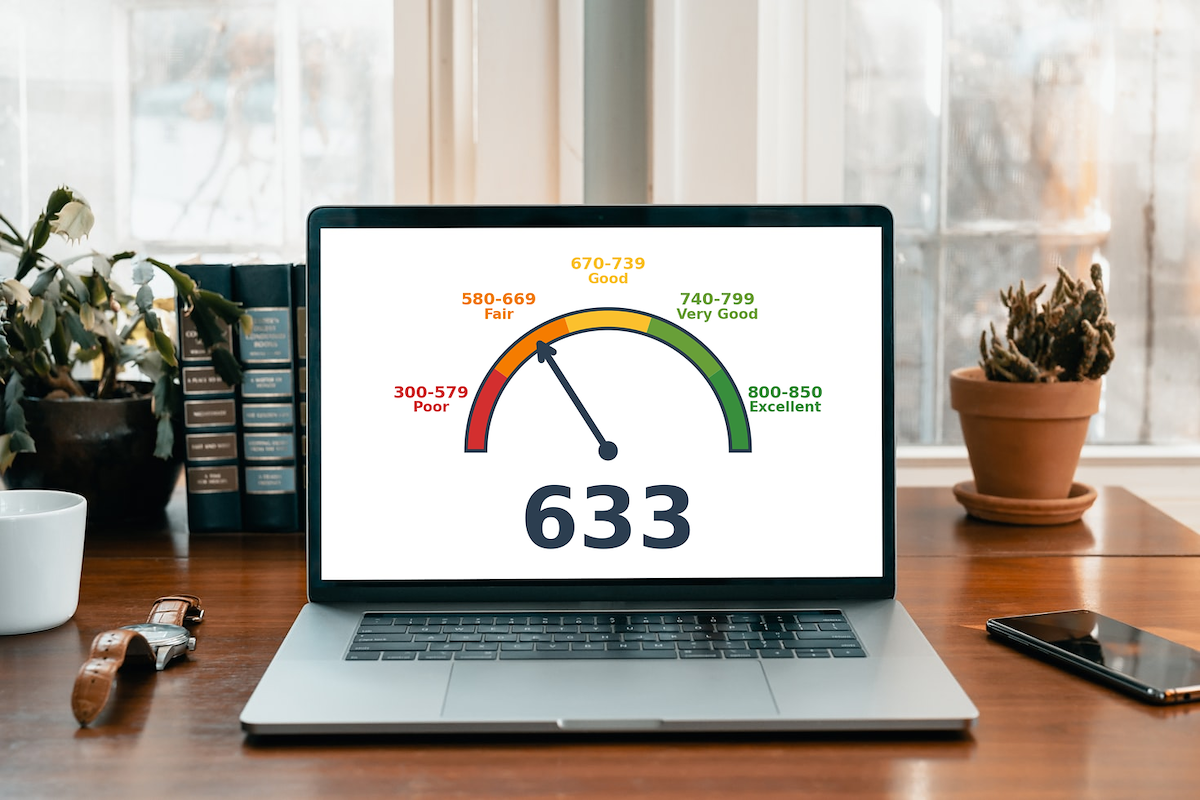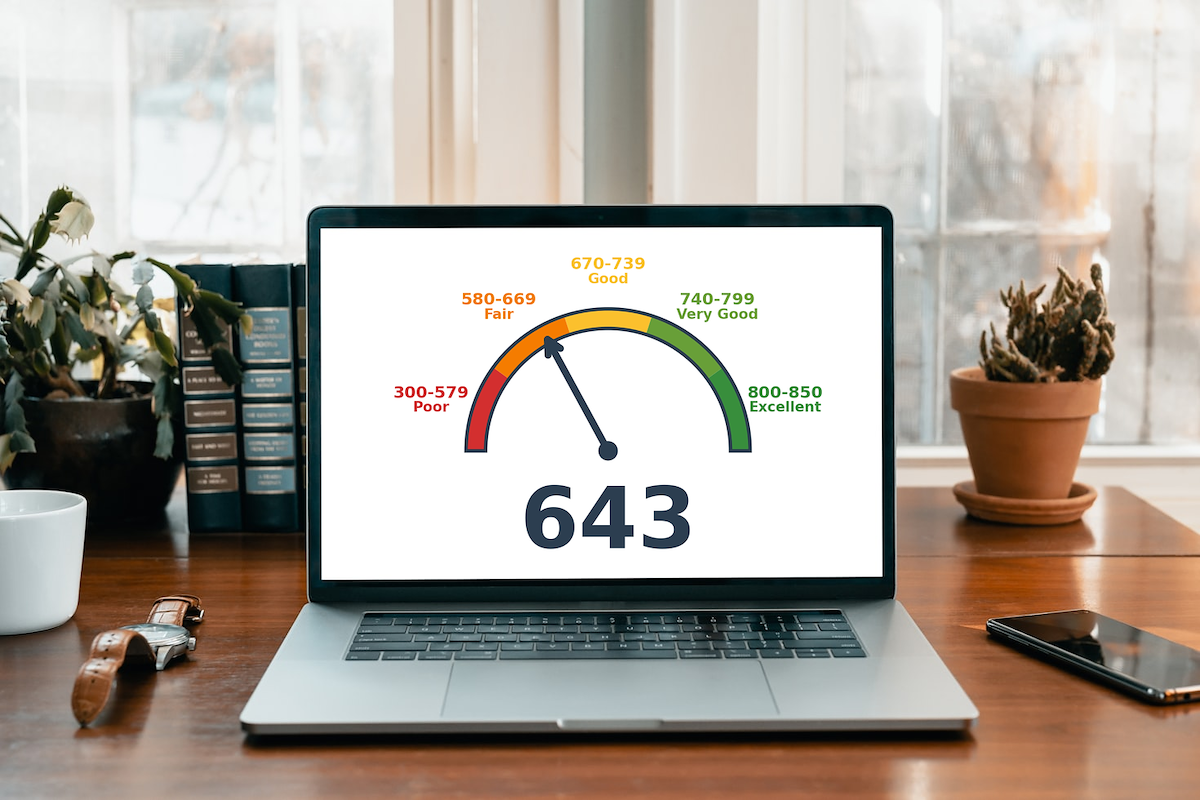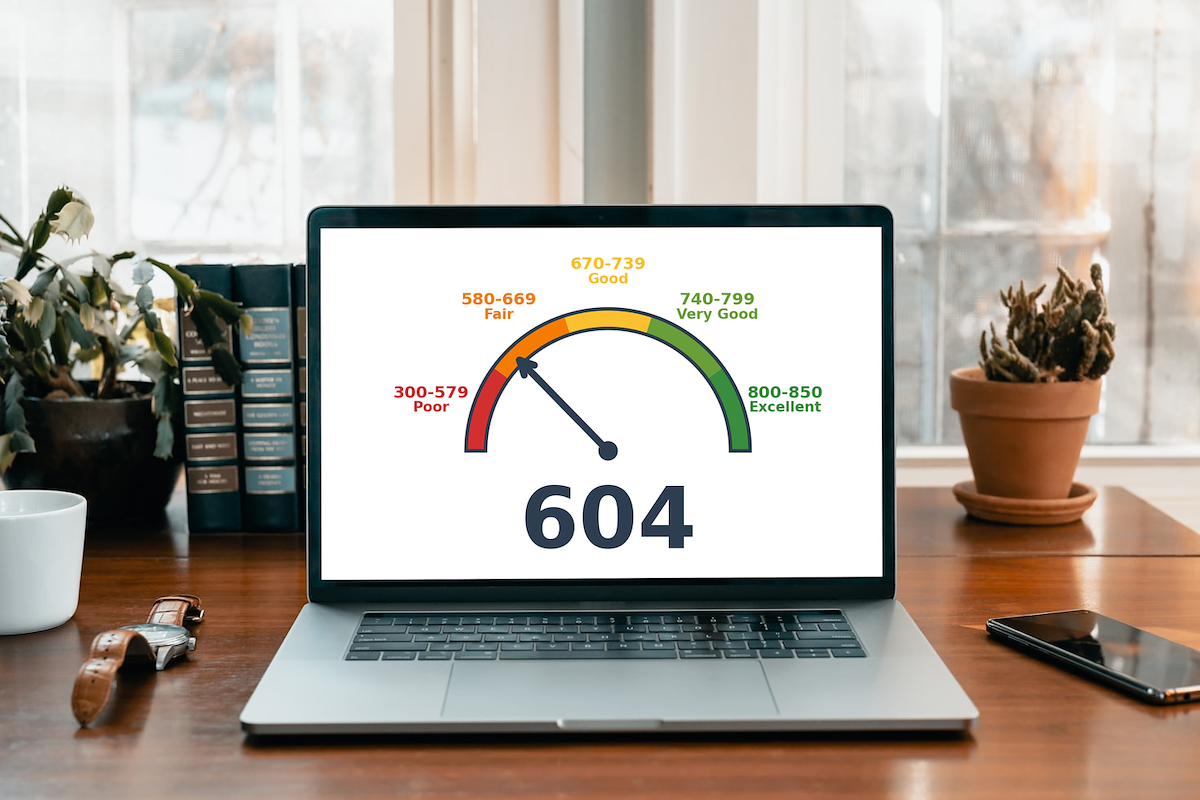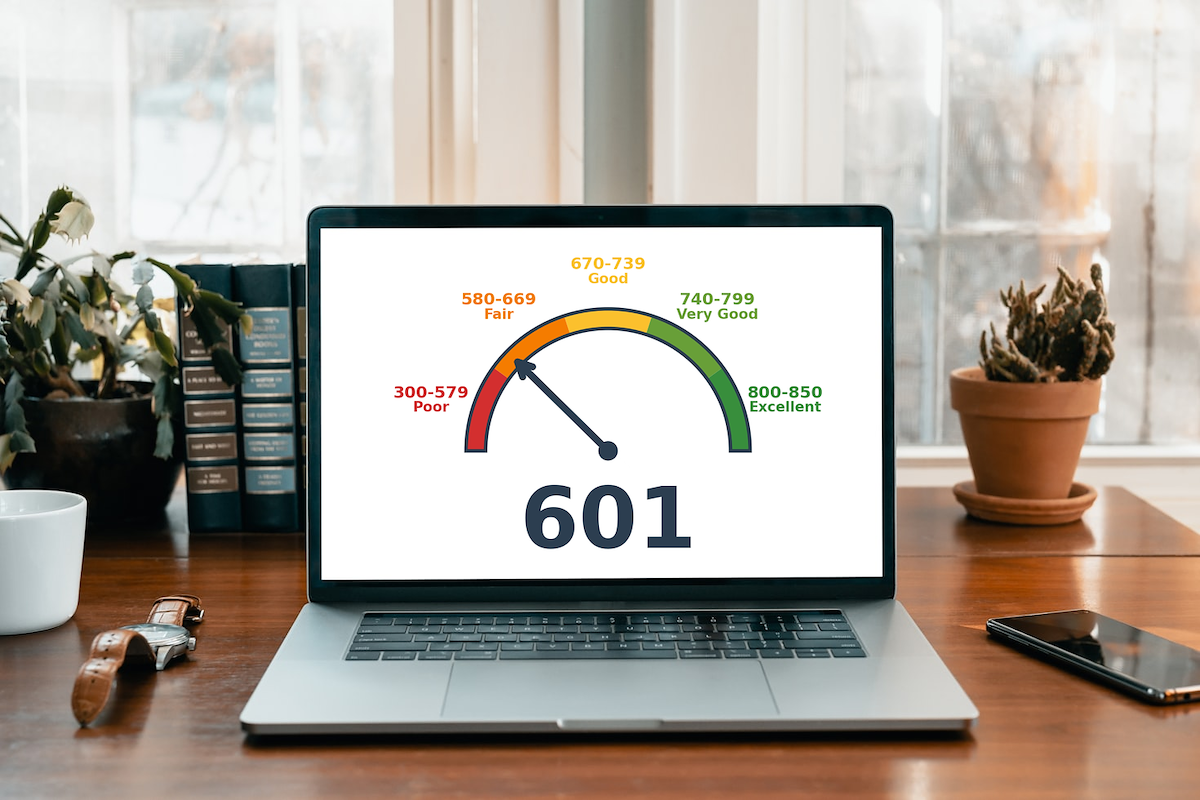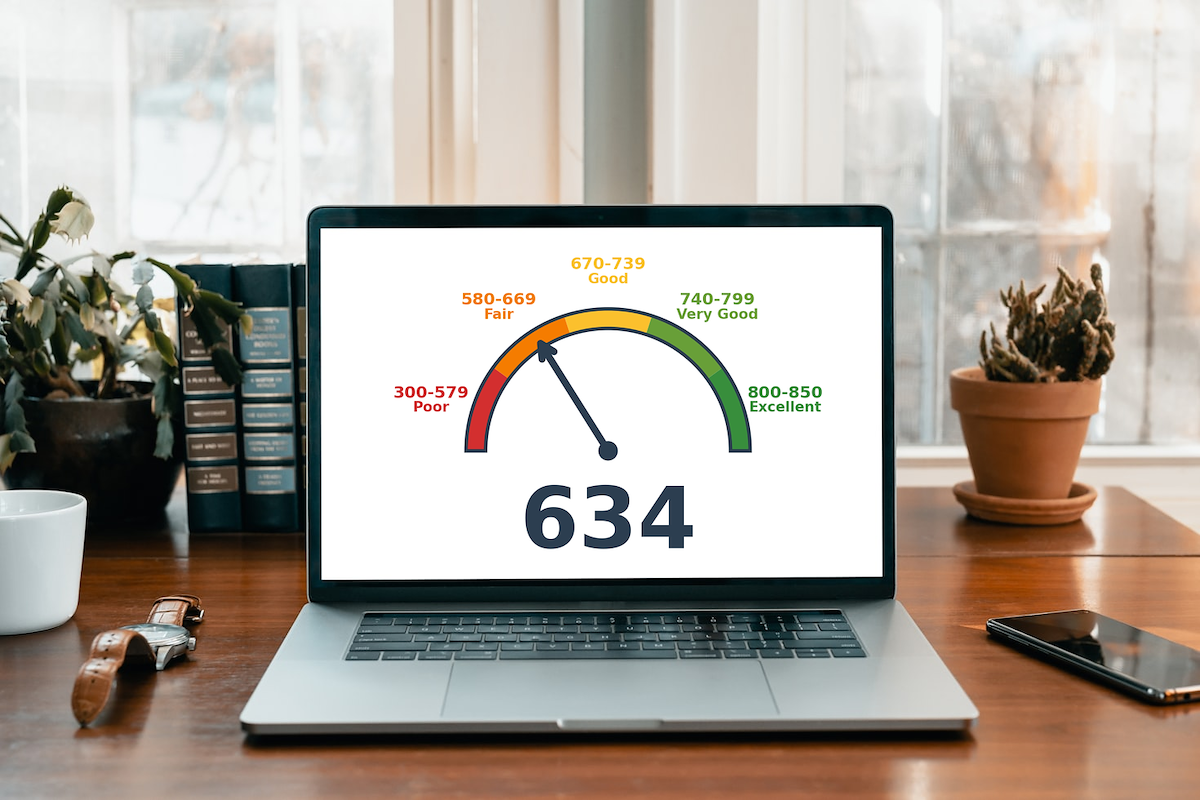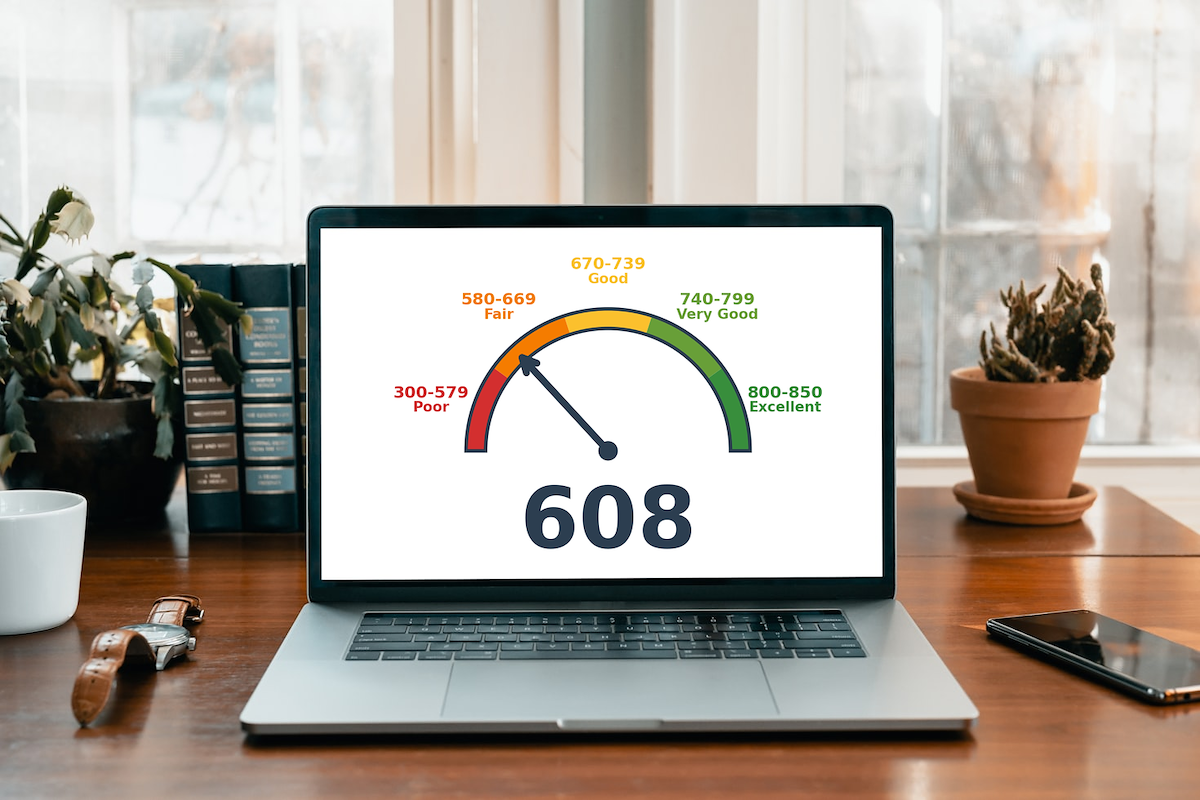
Kudos has partnered with CardRatings and Red Ventures for our coverage of credit card products. Kudos, CardRatings, and Red Ventures may receive a commission from card issuers. Kudos may receive commission from card issuers. Some of the card offers that appear on Kudos are from advertisers and may impact how and where card products appear on the site. Kudos tries to include as many card companies and offers as we are aware of, including offers from issuers that don't pay us, but we may not cover all card companies or all available card offers. You don't have to use our links, but we're grateful when you do!
650 Credit score: What You Need to Know in 2025
July 1, 2025

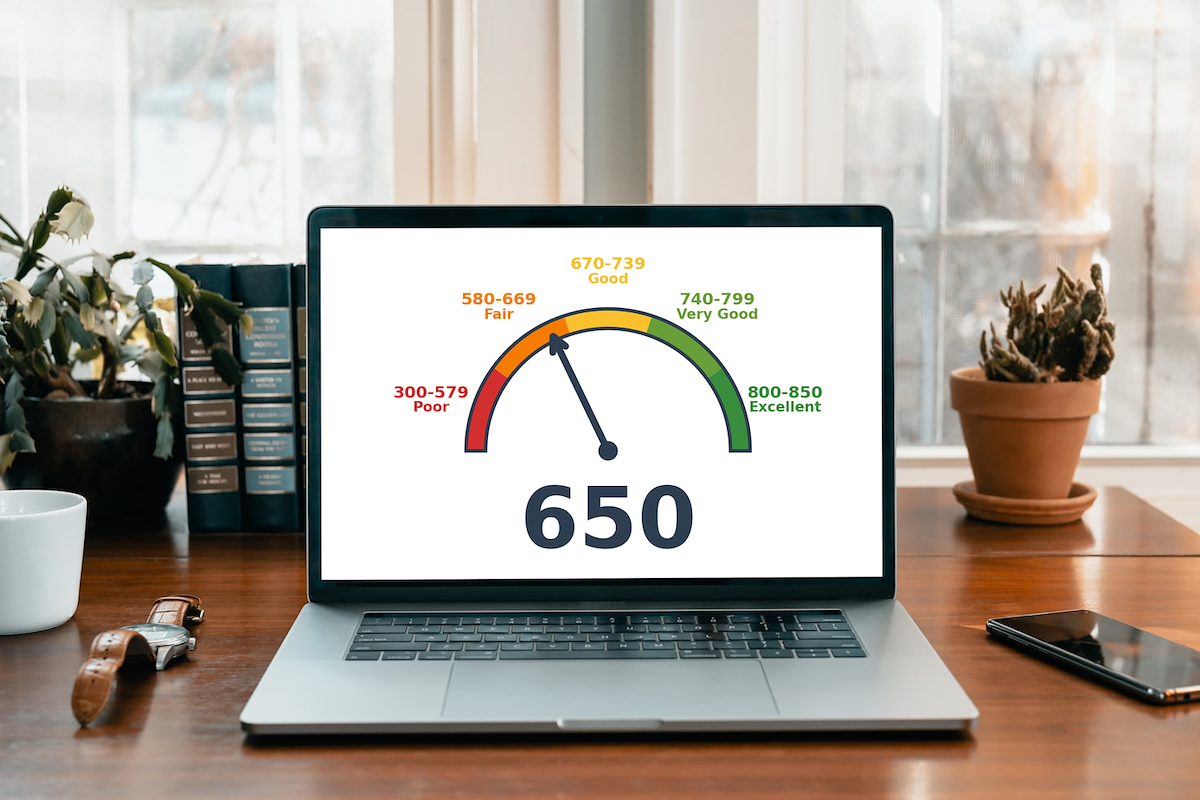
TL;DR
A 650 credit score is a respectable starting point that places you squarely in the "Fair" credit category. Think of it as a solid foundation—a score that can open doors to various financial products while you build toward an even stronger rating.
What Does a 650 Credit Score Mean?
A credit score of 650 lands you squarely in the "fair" range on the FICO Score scale, which runs from 300 to 850. While it's a significant step up from a poor rating, it's just shy of the "good" category that typically begins at 670. For your finances, this means you'll likely qualify for credit, but perhaps not with the most competitive interest rates or terms offered to borrowers with higher scores.
Think of a 650 score not as a final grade, but as a promising starting point. It shows lenders you're managing credit responsibilities, but there's still room to improve your financial standing. This positions you on the cusp of better opportunities, where continued positive credit behaviors can pave the way toward more favorable lending options down the road.
Who Has a 650 Credit Score?
While many factors influence a person's credit score, data reveals a distinct pattern: scores tend to rise with age. Generational credit score data from 2023 shows a steady increase in the average FICO score from one age group to the next. Here is the breakdown:
- Ages 18-26 (Generation Z): 680
- Ages 27-42 (Millennials): 690
- Ages 43-58 (Generation X): 709
- Ages 59-77 (Baby Boomers): 745
- Ages 78+ (Silent Generation): 760
Credit Cards With a 650 Credit Score
A credit score of 650 places you in the "fair" credit range, which is a common starting point for many people building or rebuilding their credit. While this score can open the door to several credit card options, you may find that you don't qualify for premium cards that offer the most lucrative rewards or lowest interest rates. Lenders might approve you with a lower credit limit or a higher-than-average APR, viewing your application as having a moderate level of risk.
Kudos simplifies the search with its AI-powered tools, which analyze your unique financial situation—from spending habits to preferences for rewards or low interest—to find the best match from a database of nearly 3,000 cards. The platform also provides credit score insights, helping you understand how applying for a new card might affect your credit.
Auto Loans and a 650 Credit Score
A 650 credit score places you in the non-prime borrower category, meaning you can likely get approved for an auto loan but won't qualify for the best interest rates. This results in a higher overall cost for your loan compared to borrowers with stronger credit profiles.
Based on a 2025 market analysis, here are the average auto loan rates for new and used vehicles by credit score:
- Super-prime (781-850): 5.25% for new cars, 7.13% for used cars
- Prime (661-780): 6.87% for new cars, 9.36% for used cars
- Non-prime (601-660): 9.83% for new cars, 13.92% for used cars
- Subprime (501-600): 13.18% for new cars, 18.86% for used cars
- Deep subprime (300-500): 15.77% for new cars, 21.55% for used cars
Mortgages at a 650 Credit Score
A 650 credit score is generally sufficient to qualify for several major types of home loans. According to credit score requirements, this score meets the typical minimums for conventional, FHA, VA, and USDA mortgages. This opens the door to various financing options, including those with low down payments, as long as you meet other financial criteria like income and debt-to-income ratio.
However, your score will directly affect your loan terms. You’ll likely face higher interest rates than borrowers with excellent credit, leading to a larger monthly payment and more interest paid over time. For conventional loans, you can also expect to pay more for Private Mortgage Insurance (PMI). While you can get a mortgage, you won't secure the most competitive rates available.
What's in a Credit Score?
Figuring out what goes into your credit score can feel like trying to solve a complex puzzle, but it generally boils down to a handful of key financial habits. Here are the most common factors that determine your score:
- Your history of making payments on time is the most significant factor.
- The amount of your available credit that you're currently using, known as your credit utilization ratio, plays a major role.
- How long you've had your credit accounts open contributes to the length of your credit history.
- Lenders like to see that you can responsibly manage a variety of credit types, such as credit cards and loans.
- Opening several new credit accounts in a short period can be seen as a risk and may temporarily lower your score.
How to Improve Your 650 Credit Score
Your credit score plays a crucial role in your financial life, but it isn't set in stone. With consistent effort and the right strategies, it is always possible to improve your creditworthiness and build a healthier financial profile.
- Monitor your credit reports. This allows you to spot and correct any errors or fraudulent activity that could be suppressing your score. Ensuring your report is accurate is a foundational step toward seeing your score increase.
- Establish automatic bill payments. This simple step helps guarantee all your payments are made on time, which is the most significant factor in your score. Avoiding late payments is critical for moving a 650 score in the right direction.
- Reduce your credit utilization ratio. High balances relative to your credit limits are a common reason for scores in the mid-600s. Lowering your utilization below 30% can provide a quick and significant boost to your score.
- Become an authorized user. Being added to someone's credit card that has a strong payment history and low utilization can add positive history to your own report. This is especially helpful for those with a limited credit history looking to get above the 650 mark.
As you build your credit, using a tool like the Kudos browser extension can help you maximize your credit card rewards.

Supercharge Your Credit Cards
Experience smarter spending with Kudos and unlock more from your credit cards. Earn $20.00 when you sign up for Kudos with "GET20" and make an eligible Kudos Boost purchase.
Editorial Disclosure: Opinions expressed here are those of Kudos alone, not those of any bank, credit card issuer, hotel, airline, or other entity. This content has not been reviewed, approved or otherwise endorsed by any of the entities included within the post.


















